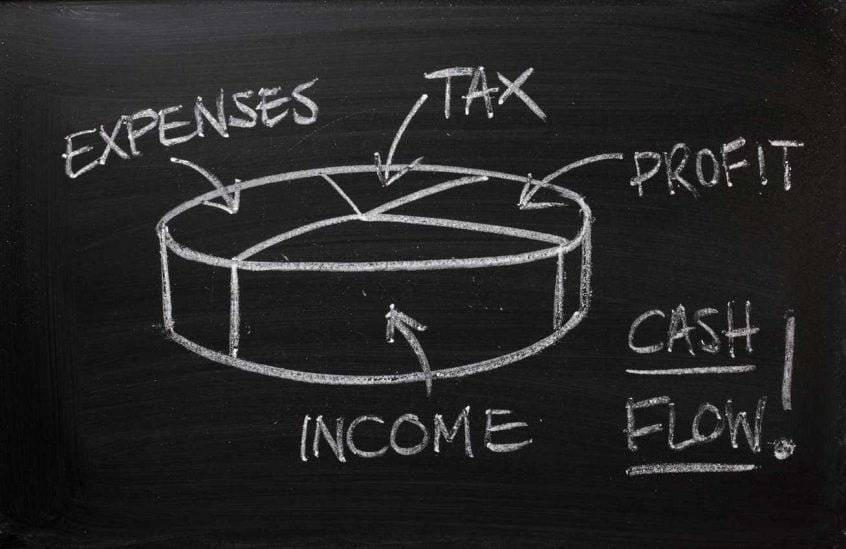The cash must flow. Cash flow is one of the most important metrics to look at when trying to determine a business’s financial health – it’s helpful for determining an individual’s financial health, too. To understand the importance of cash flow, you must first understand what cash flow is.
Cash flow can be broadly divided into two categories: inflow and outflow. Inflow is the cash that you receive – for a business, typically through business operations; for a person, typically through employment. Outflow is the cash that you pay out – to employees, creditors, suppliers, and other parties. When your cash inflow exceeds your outflow, you’re in a good position. When your outflow exceeds your inflow, something needs to change or you’re going to run out of money fast. This is sometimes referred to as a “cash flow crunch”.
Investors are very interested in cash flow, which is one of the reasons it’s so important. For investors, it’s essential that your business doesn’t just survive – they want to see it thrive and grow. After all, when your business grows, the value of their shares grows, too. They’re mostly concerned with what’s known as “free cash flow” – the sum total of cash inflow after operations and capital expenditures have been paid. In other words, this is the cash flow available to stakeholders who have invested in the company, be they shareholders or creditors. When you want to lend or invest in a company, their free cash flow is a key metric.
Having established its importance, how do you manage your cash flow? First, it’s important to think of the ways cash flow can be divided. There are three types of cash flow: operational (from your business operations), from investments (properties, equipment, etc.), and financial. Investors typically want your operational cash flow to be very high. Investment cash flow shouldn’t be too high; investors make investment income themselves, after all, and they don’t need you to act as an intermediary. Seeing capital expenditures here can actually be enticing to investors because capital expenditures mean your business might be growing. Financing cash flow should typically be quite low; if it’s negative, it means you’re paying off debts.
You should always have cash reserves. When cash outflows exceed inflows, you want to avoid taking on more debt. With sufficient reserves, you won’t need a bridge loan and you’ll be able to adjust your operations before the crunch becomes overwhelming. Keep in mind that you can adjust your cash flows on either side of the equation. You might increase inflows by raising prices or attracting new customers. You might decrease outflows by renegotiating terms with lenders or reducing operational costs.
Calculating how much cash you should have in reserve and how much your inflow should exceed your outflow can be difficult. Determining when you should make capital expenditures can be harder still. Your CPA accountant in Winnipeg can help you crunch the numbers and find the best ways of managing your cash flow.

